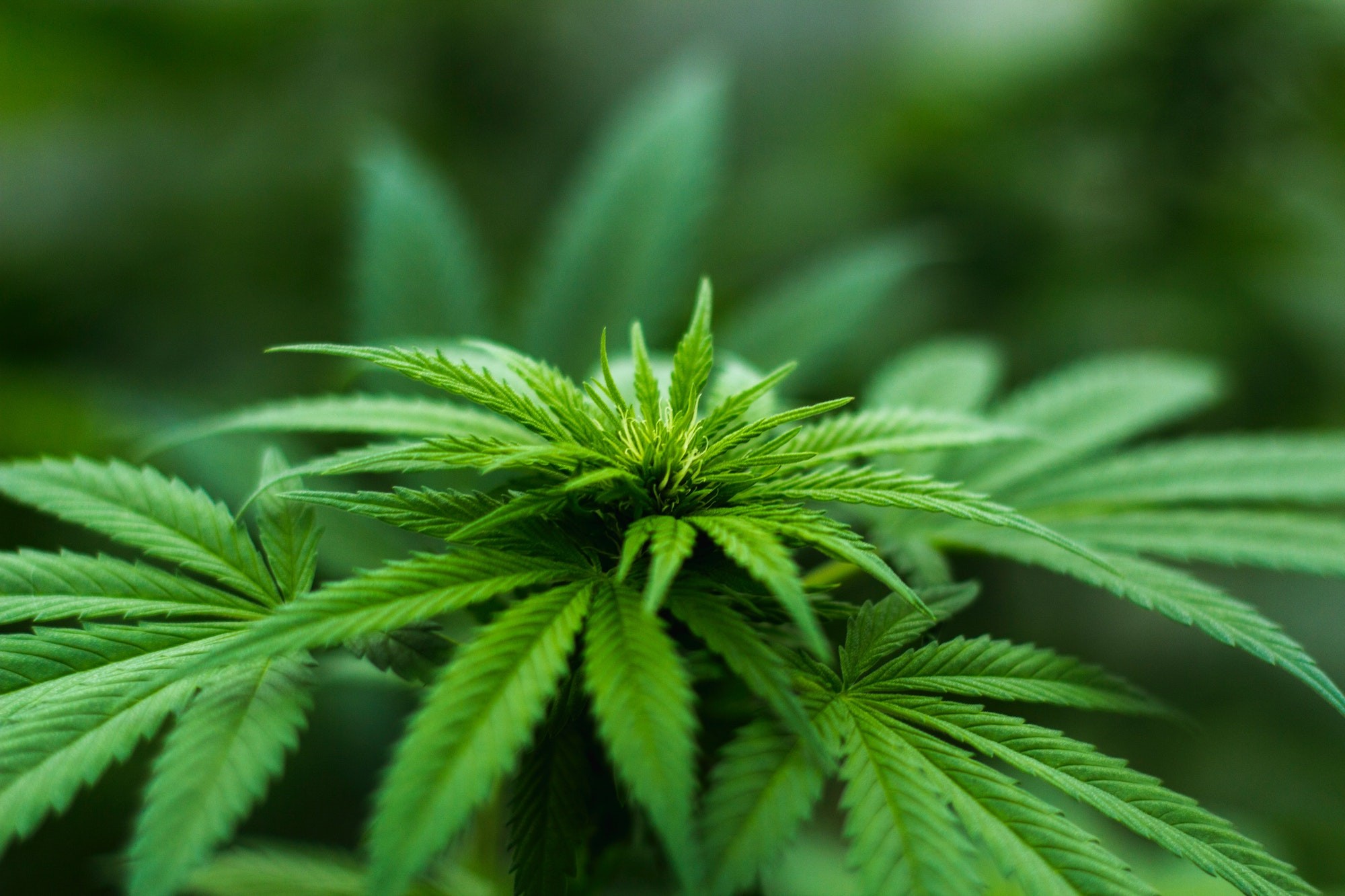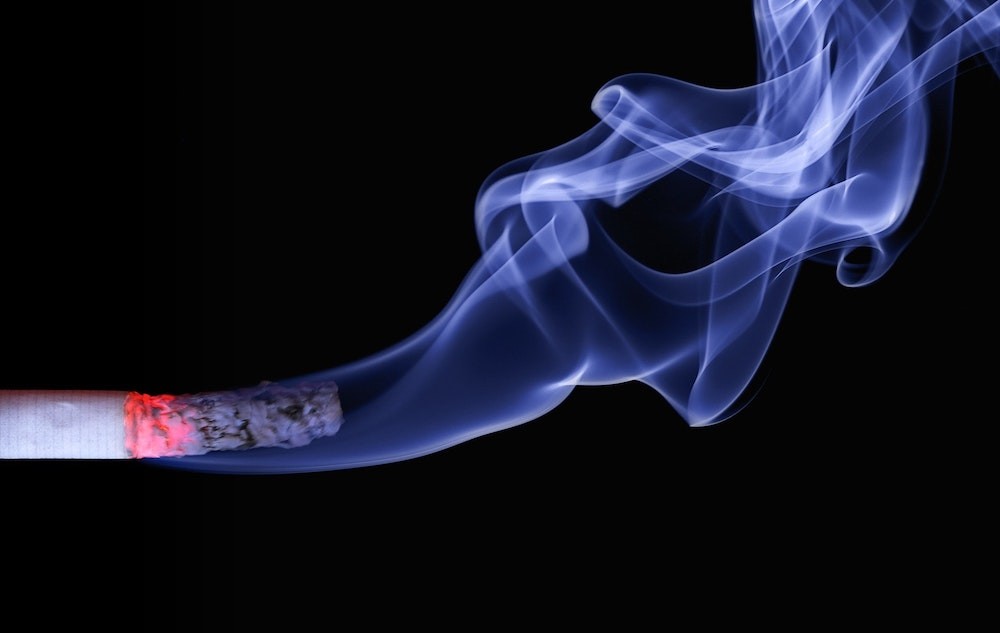This week, I took my kids to the beach. My youngest boy, Charlie, is fascinated by the ocean but really, not a fan. He loves the idea of the waves but he hates falling over and he really hates getting salt water in his eyes. I watched him time after time run straight into the waves and get knocked over. He would get up, genuinely shocked and sputtering, and try it again, each time expecting a different result. Finally, he said to me, “Mommy, can you pick me up and let me just kick the waves back into the ocean?”
Charlie and Congress have a lot in common.
After the debt ceiling crisis and the FAA shutdown over funding, you’d think they would try something a little different to resolve problems with the budget. But I don’t think that’s going to happen. Even as we can all see a looming battle over the gas tax, you get the feeling that Congress is going to wait until the last minute to do anything – and then be genuinely surprised if they get knocked down.
The federal gas tax is 18.4 cents per gallon of gasoline (and 24.4 cents per gallon for the handful of you who still rely on diesel). That rate hasn’t changed since President Clinton was in office – in 1993 – and is, remarkably, not indexed to inflation.
As you can imagine, as prices at the pump have gone up, car owners are increasingly agitated. Gas and oil companies are raking in huge profits. Congress has decided not to pursue additional taxes against those companies – or take away their existing tax breaks – for fear of driving up prices at the pump since clearly, those companies would pass along any serious bites into their profits to consumers.
When you add federal and state taxes together, about a quarter of what you pay at the pump (depending on the state) represents some form of gas tax. Federal gas taxes – in most states – represent less than 10% of what you pay at the pump. But many taxpayers think that’s 10% too much.
When Congress comes back to work after Labor Day, they have an ugly choice to make: re-up the tax or not. As with the FAA budget and the ticket tax fiasco, the authority of the federal government to collect most of the federal gas taxes is not automatic. It has to be pro-actively renewed. Without a “yes” vote, that authority to collect the lion’s share of federal gas taxes will expire on September 30, 2011 (a quirk in the law would allow them to collect about a quarter of those taxes without approval).
Without federal gas taxes, the highway trust fund would dry up. The trust fund has already been running at a deficit for years which is one of the reasons that the “gas tax holiday” previously proposed by members of Congress has never really taken off.
The highway trust fund is the primary source of funding for most of the federal government’s highway and road-related programs administered by the Federal Highway Administration (FHWA) and the Federal Transit Administration (FTA). How this tends to work is that states fund projects which are reimbursed by the federal government. Without federal dollars, states – already strapped for cash – would likely have to abandon projects. I sincerely doubt that many of them would dip into their own pockets without guarantees that they can make up those expenditures.
And where does that leave us? A lot of road projects sitting, well, by the wayside.
But at least our gas will be cheaper, right? Probably not. If we learned anything from the greed of the airlines, it’s that the difference in prices will likely find itself in the pockets of private companies – only this time, instead of US Airways and American pocketing the difference, it will be ExxonMobil and ConocoPhillips.
Voting to re-up the gas tax, however, could be viewed in this increasingly ridiculous recharacterized “no new taxes” world as a vote for taxes. Let’s hope that voters are smarter than that.
All taxes, despite the cries of a few, are not bad. They’re not anti-American. And they’re not anti-Republican. Just last year, Sen. George Voinovich (R-OH) suggested that Congress not only continue the gas tax but raise it. Despite the “new” Republican line on taxes, Voinovich channeled former President Reagan, citing the former’s President’s comments that:
Good tax policy decrees that, wherever possible, a fee for a service should be assessed against those who directly benefit from that service.
Good tax policy. Not just trying to kick back the waves.



